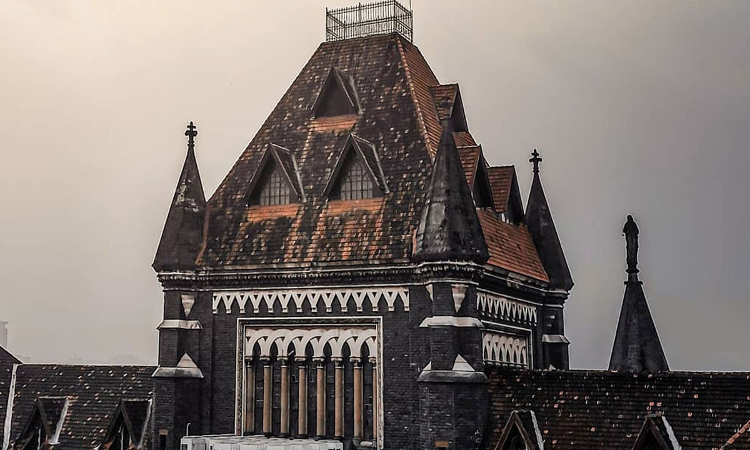The Bombay High Court recently granted ad interim injunction in favour of Pidilite Industries Limited (Pidilite) restraining Astral Limited (Astral) from infringing Pidilite's registered design of Coex plastic containers of its M-SEAL PV SEAL products. Justice Firdosh Pooniwalla held, “the Plaintiff has made out a prima facie case for grant of ad-interim reliefs in terms of prayer (a) of...

